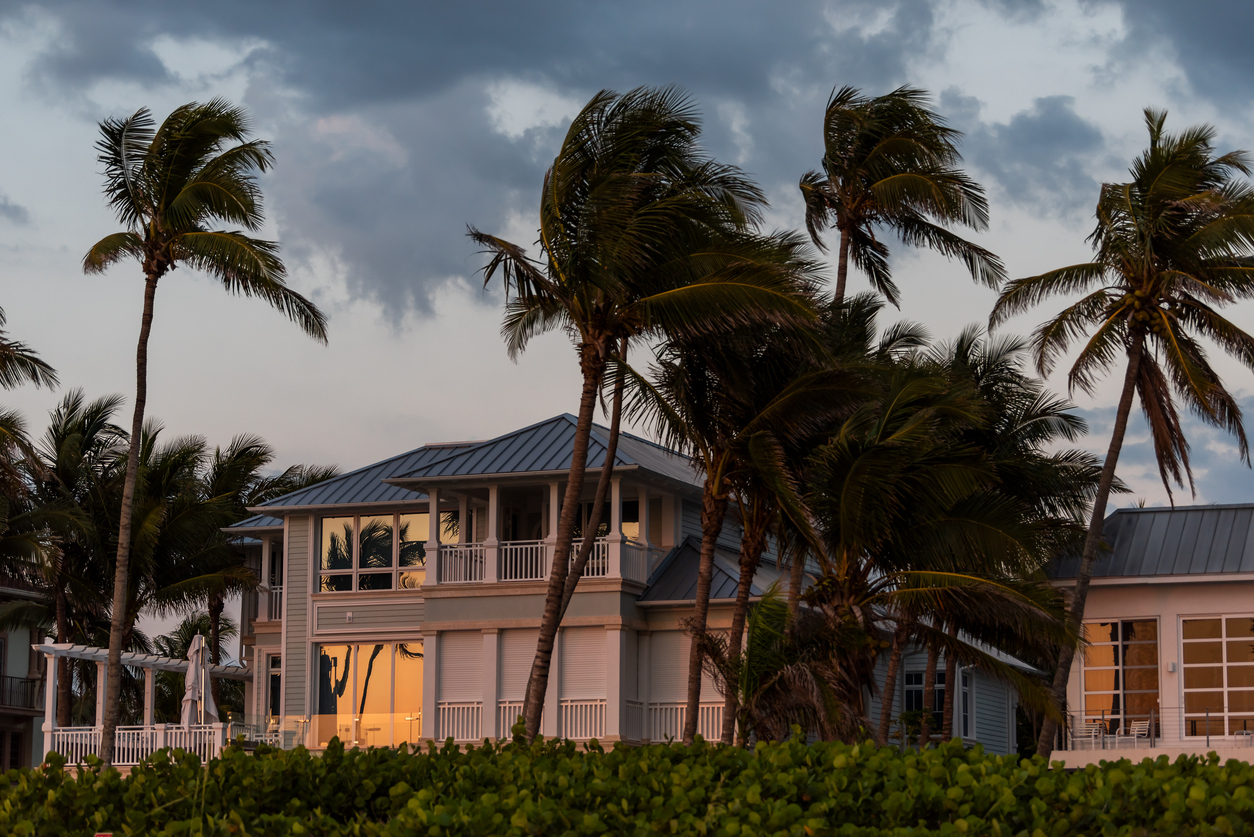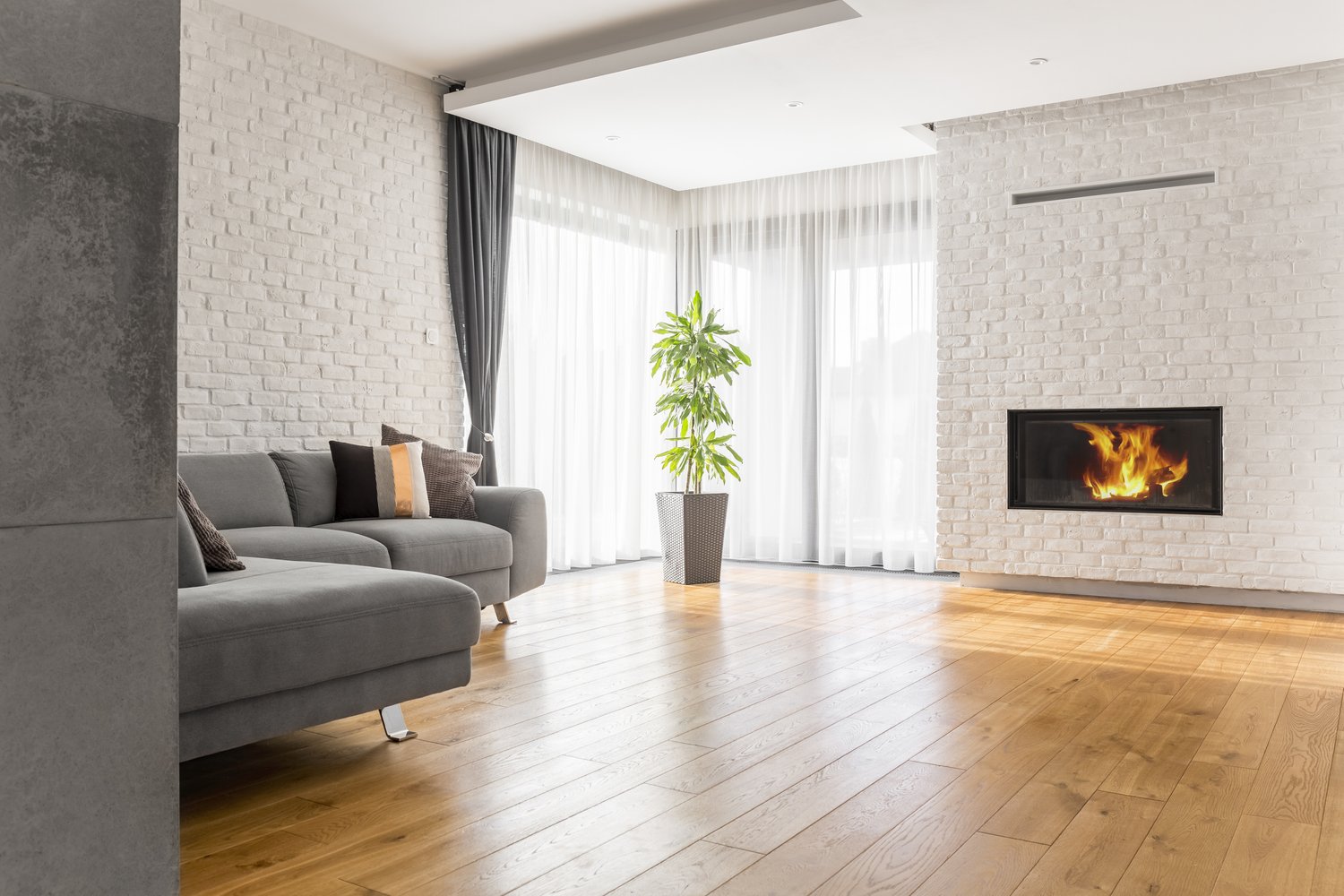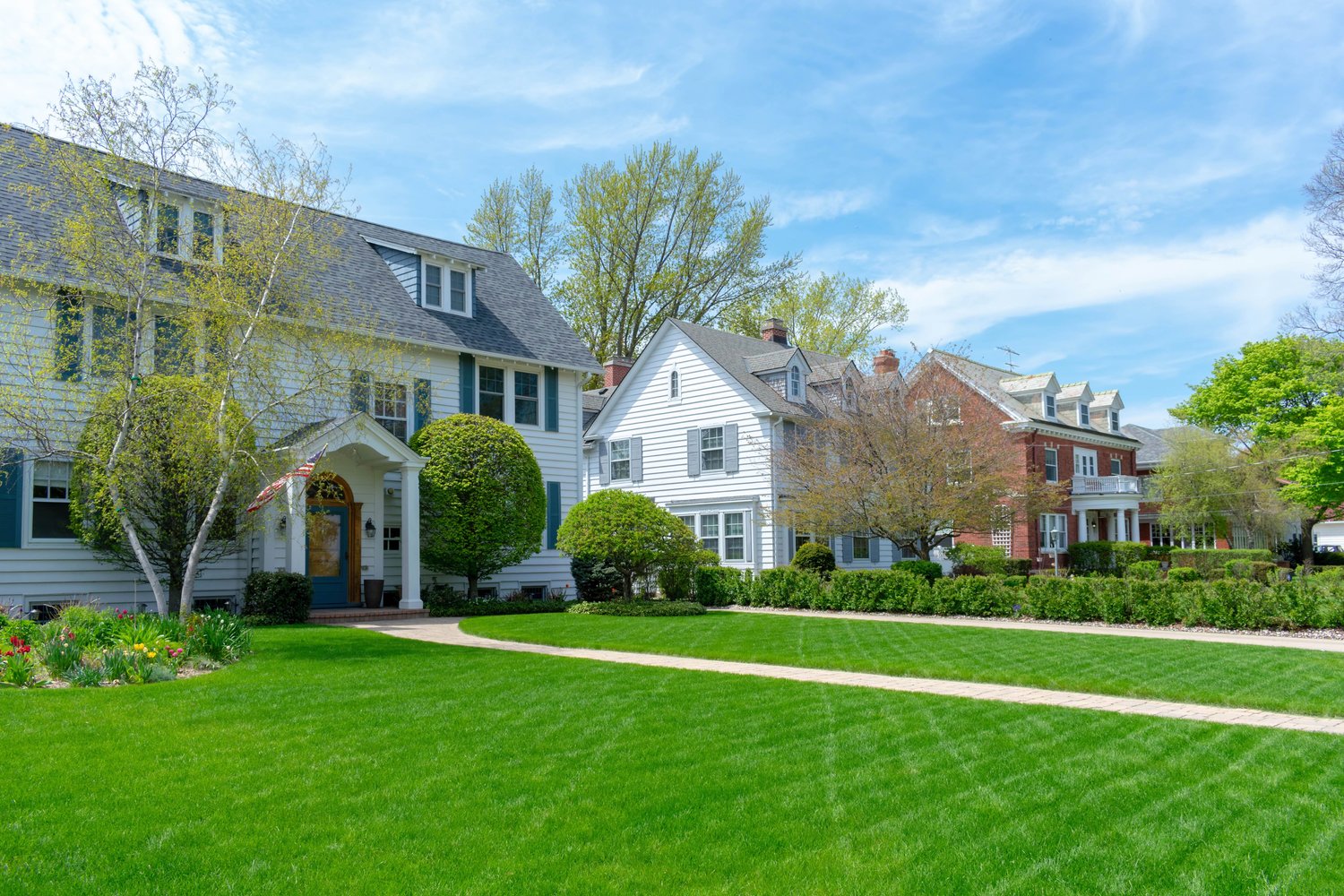Severe weather is unpredictable, but your home doesn’t have to be. Stormproof windows offer a powerful line of defense against hurricanes, high winds, and flying debris. Whether you live in a coastal region or just want to upgrade your home’s security, investing in hurricane window protection can help protect your family and property. This guide breaks down the benefits, options, and what to know before making the switch to secure home upgrades that stand up to the elements.
Why Stormproof Windows Are Worth It
Standard windows can shatter under pressure or from impact during a storm, leaving your home vulnerable to water damage and structural issues. Stormproof windows are built with reinforced glass, impact-resistant frames, and sealed edges that prevent air and water infiltration. This upgrade isn’t just about safety—it can also reduce noise, improve energy efficiency, and even lower insurance premiums in high-risk areas.
How Stormproof Windows Work
Most hurricane-rated windows use laminated glass, which consists of two or more panes bonded together with a durable interlayer. When hit, the glass may crack but won’t shatter—similar to a car windshield. This keeps wind, rain, and debris outside, reducing the chance of interior pressure buildup that can damage your roof or walls. Stronger frames and secure fastenings also help the entire unit withstand extreme conditions.
Comparing Window Ratings and Certifications
Not all stormproof windows are created equal. Look for models that meet local building codes and have passed impact testing standards like ASTM E1996 and E1886. Coastal homes in hurricane-prone regions often require windows approved by Miami-Dade or Florida Building Code standards. Always confirm certification with your installer before purchasing to ensure your windows meet your area’s safety requirements.
Frame Materials That Stand Up to Storms
Frame choice matters when it comes to stormproof windows. Aluminum frames are strong and corrosion-resistant, while vinyl offers great insulation and low maintenance. Fiberglass is another durable option that resists warping and can support heavier glass. Wood frames are beautiful but generally not ideal for hurricane window protection unless they’re specially treated or combined with other materials.
Added Benefits Beyond Storm Protection
Stormproof windows do more than keep your home secure during hurricanes. They help block outside noise, reduce UV damage to furniture, and can improve your home’s energy efficiency year-round. Many homeowners notice more consistent indoor temperatures and fewer drafts after installation. These benefits make storm windows a smart choice for long-term value.
Design Options That Don’t Sacrifice Style
Modern stormproof windows come in a variety of styles to match your home’s design. From casement to double-hung to picture windows, you don’t have to give up curb appeal for protection. Many manufacturers also offer tinted or low-emissivity (Low-E) glass to improve energy savings and privacy while maintaining visibility and style.
Installation Tips for Maximum Protection
Proper installation is just as important as the product itself. A poorly installed stormproof window won’t perform well under pressure. Make sure your installer is licensed, experienced with impact-rated windows, and familiar with local code requirements. Caulking, flashing, and fasteners must all be properly sealed and secured to ensure complete protection.
Cost Considerations and ROI
Stormproof windows are more expensive than standard options, but the return on investment can be substantial. Besides potential insurance discounts, they may increase your home’s resale value and reduce the need for shutters or boarding up before storms. Over time, energy savings and reduced maintenance also help offset the upfront cost.
Signs It’s Time to Upgrade Your Windows
If your current windows show signs of warping, leaking, or damage—or if they still use single-pane glass—it may be time to upgrade. Homeowners in storm-prone areas should also consider replacement if their windows are more than 15–20 years old. A professional evaluation can help you determine the best upgrade path. If you’re unsure where to begin, hire a pro from AskHomey to assess your windows and recommend the right stormproof solution for your home.
Be Ready Before the Next Storm
Waiting until hurricane season to upgrade your windows can lead to delays or missed opportunities to protect your home. The best time to install stormproof windows is before you need them. With the right product and proper planning, you’ll be ready for whatever the forecast brings.
For more smart upgrades and weather-ready tips, follow AskHomey on Instagram and Facebook. You’ll find trusted advice to help you stay prepared and confident in your home.



